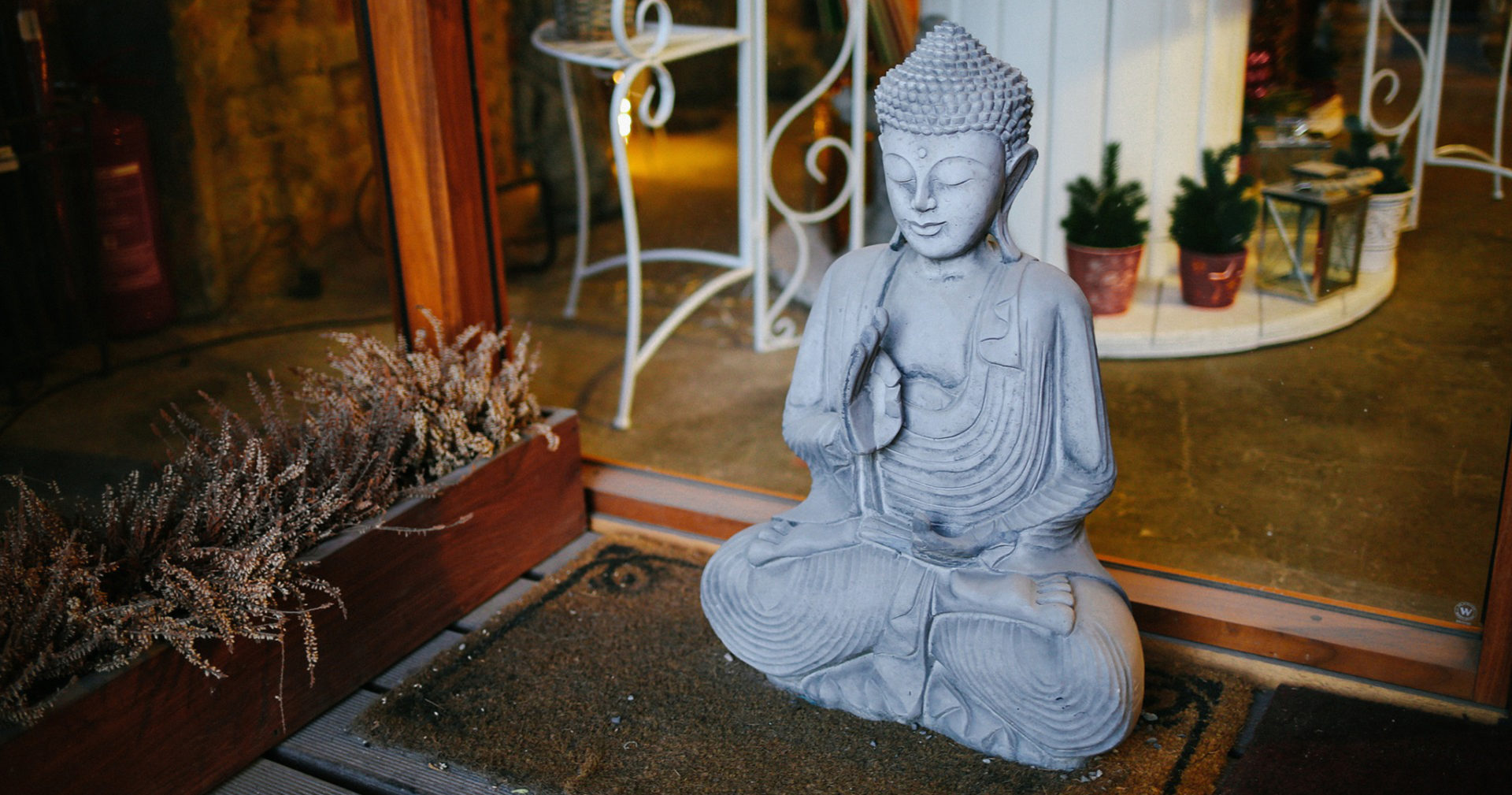Journaling is one of those activities that comes with a long list of benefits and that is easy to get excited about, but difficult to keep up with. The most important thing to keep in mind when it comes to writing in a journal is that there are no rules – you can do it how you want, when you want, and where you want.
This article will guide you through some simple steps for journaling more often and actually finding a way to enjoy it. As you know, motivation is temporary, so you can’t count on motivation alone to journal on a daily or regular basis. What you need is to find reasons why you want to journal and really fall in love with the activity.
This method is through seven basic tips and suggestions that will help you think outside the box when it comes to journaling, and find new ways to inspire yourself to write in your journal.
- Find Your Purpose for Wanting to Journal
The first part of journaling more often and actually enjoying the practice is to re-envision what your main reason is. Keep in mind this can change over time, and most likely will. But it is good to have the purpose written down for wanting to journal, and to keep revisiting it whenever you need to.
Why is this Important?
The main reason behind you wanting to journal is going to be different from other people, so the first reason it is important is because you need to know why YOU are journaling. Some people want to vent their frustrations, other people like to use their journal to work on personal goals, to dump out all their thoughts and feelings, or to find more about themselves.
Sometimes there are more specific reasons for journaling, like keeping a gratitude journal or an art journal. It doesn’t matter what your purpose is, as long as you are honest with yourself about why you want to write in a journal. This is where you are really going to feel inspired to use it more regularly.
Figuring Out Your Motivation
Motivation doesn’t last forever, but it is great when you are first starting journaling, or when you take a break and want to get back to it. If you are currently struggling with that little push to get started, then you need to figure out your motivation by thinking about your reasons for wanting to journal in the first place.
Sit down and write a list of all the reasons you want to write in a journal. They can be anything you think of, but here are a few ideas:
- To find more clarity.
- For the health benefits.
- You need a good distraction.
- You want to relieve stress from your life.
- To start a gratitude practice.
- To vent in a safe, private place.
- For your new morning routine.
These are just a few reasons out of MANY that you can come up with for wanting to write in a journal. It can also be because you were gifted a journal, or your therapist suggested it.
Make This Your First Journal Entry
Where to write this list? Right in your journal! Make it one of the first pages of your journal so that you can it whenever you open it up, and can easily add to it whenever you find a new reason for wanting to journal.
- Experiment with Your Journaling
The next step in this method to journaling more often and improving your skills is to mix it up a little. This is when you are going to experiment with when, where, and how you write in your journal. It can make a big difference when you are writing with a different mood or different time of day than you typically would, and can actually impact how much you enjoy writing and what you get out of journaling.
Here are a few ideas:
Write While in a Different Mood
Do you find that you only write in your journal when you are in a certain type of mood? Maybe you prefer writing when you are in a happy mood, or are the opposite and like to write in your journal when you are upset and want to vent.
Think about what mood you are in when you typically write in your journal, then switch it up. If you write when you are happy, try writing when you are upset or just had a stressful or frustrating day. If you usually vent in your journal on bad days, then choose a really good day and write in your journal.
You will be amazed by how different your writing can be, and might even enjoy it a little more.
Switch Up Your Writing Conditions
Where you write can also have an impact on your writing style and what you get out of the experience. Many people choose to write in their journal at home, such as in their bedroom or home office. If you always tend to gravitate toward a certain writing condition, why not switch it up?
You can take your journal outside and write on your back patio, or even take it on a walk and when you take a break while sitting on a bench, write a few pages of your journal. You can also try heading to a local café or coffee shop and write there.
Your environment can also change your mood and what you write about. It is good to be diverse in how and where you write until you find whatever feels more comfortable for you.
Try a Different Time of Day
You might also want to try writing during a completely different time of day. Experiment with different parts of the day, from writing in the morning, to writing in the evening. If you have an early morning or afternoon break from work, get out your journal and jot down how your day is going so far.
The great thing about this is that it helps with the other experiments, such as writing in a different mood or a different place than you typically would.
- Use Unconventional Journaling Tools
Being more creative with your journaling is a great way to inspire you, keep you motivated, and make it fun. This is another big part of this method to journaling more often and getting more out of it. In this section, we are talking about what you actually use to write (or draw) in your journal, aside from the basics.
Changing Your Main Writing Tool
To start with, you can try writing with another tool, even if it is still a normal writing tool. For example, if you have a favorite pen you always tend to use for writing, switch it out for something else. This can be a gel ink pen instead of ballpoint, using a pen with different ink, or writing with a regular pencil instead of a pen and vice versa. Just try using something you wouldn’t normally write with to have a different type of journaling experience.
Colored Pencils, Markers, and Crayons
The next step is to get something you would never have thought to write with, starting with your art supplies. If you are an avid adult coloring book user, then you probably have some colored pencils lying around. Use them to write with in your journal! This adds a little color and allows you to get into a different headspace. It can really change how you write and what you write about just by changing what you write with.
Some other ideas include using markers you have lying around, or even crayons. That can be fun, and you can turn it into a type of themed journal entry where you use crayons when writing about your childhood.
More Unconventional Writing Tools
If you want to take this one step further just for fun and to see what happens, get something else that you can write with. This might be another type of art supply, like charcoal or Indian ink, or even grabbing an eyeliner you don’t use anymore and writing with it. Adding more interest and creativity to your journal writing can really help you find brand new inspiration, and give you more reasons to write regularly.
- Don’t Shy Away from Fantasy
Journaling can take many different forms, with practically an unlimited of topics to write about. While many people choose to write about their day, express their feelings, and discuss things happening in their life, this isn’t the only thing you can write in your journal.
There are also ways to incorporate more creative writing into your journal, including dreams, fantasies, and even make believe. Here are a few ways to include some fantasy in your journal entries to make it fun:
Write a short story
To start with, you can write a short story in your journal. This can be as short as you want, from a few paragraphs to briefly describe something that happens to a single character, to a few pages long in more of a typical short story.
This benefits you in a few different ways. It first allows you to step outside of whatever stressful situation is in your real life and live in a fantasy world for a while. It also helps you to channel your imagination and see what type of story you can come up with. If you are interested in creative writing, it can be a short practice to try in your journal whenever you have hit a block in your novel.
Explain your dreams
You can also incorporate some of your own reality in the journal entries. For example, if you have a vivid dream at night and want to explore what actually happened, write it in your journal! Describe it in as much detail as you remember, then add little notes about what you think it meant.
Explore your fantasies
Everyone has fantasies in their mind of what they want to happen, what they like to dream about in the silence, or what they think about when they close their eyes. Think of one of your fantasies, whether completely unrealistic or not, and write about it.
When you do this, you can learn a lot about yourself. You understand what are the most important things to you, what your life might be missing, and what types of life aspirations you have. You just have to read between the lines.
Describe your past life
Do you ever think you lived a past life before? Have you envisioned who you might have been or what you did? Explore that a little in one of your journal entries. Maybe you have thought about it before and feel like based on who you are now, you must have gone through certain things.
This can also be a good creative writing practice to get you thinking about what you could have been and coming up with an entirely different life you could have led.
- Stop Setting Writing Limits
Part of this method to journaling more and improving your journaling skills is to stop setting limits on yourself. These might be good when you just want to start writing in a journal and aren’t sure which direction to go, but as you start writing more in your journal, you need to be a little more lenient with yourself.
It is hard to really find clarity and benefit from journaling if you don’t allow yourself some breathing room. There should be room for experimentation, trying new things, and exploring what is deep in your subconscious.
Here are some common journaling limits and rules that you can feel free to ignore:
- How long you have to write each journaling session.
- Filling out a certain number of pages each day.
- Having to write every single day.
- Only writing at the same time every day.
- Writing in only one type of journal.
- Using only a pen for writing in a journal.
- Writing text only.
- Having to use prompts regularly.
- Writing about your feelings.
As you can see, you may have of limitations you didn’t even think about. Do you have a goal of writing a page every day? This is a good goal, but it can keep you from longer writing because once a page is filled up, you feel like you need to stop. This is why you should be as lenient as you can when it comes to your own journal writing.
- Write About What Scares You
For this last section of the method to journaling more, we are going to talk about writing about what scares you. This is actually a common tip given to beginner writers who want to write a novel or do other types of creative writing.
Writing about what scares you allows you to face your fears, and really understand more about what you are most fearful of. This can be a traditional scary story, a scenario you are terrified of, or even something that happened to you, that still gives you anxiety.
It is a challenging writing practice that not only requires you to admit what you are afraid of and actually face it in detail, but to find a conclusion or resolution to it.
There are a few ways to do this in your journal, including:
- Writing a short story about something that scares you.
- Talking about the scariest thing that has ever happened to you.
- Writing a journal entry about what you are afraid might happen.
This “fool-proof” method offers you a lot of options as far as writing in your journal goes. It not only helps you journal more often, but it gives you ways to tweak your journaling practice to figure out the best journaling practice and habit for you.





